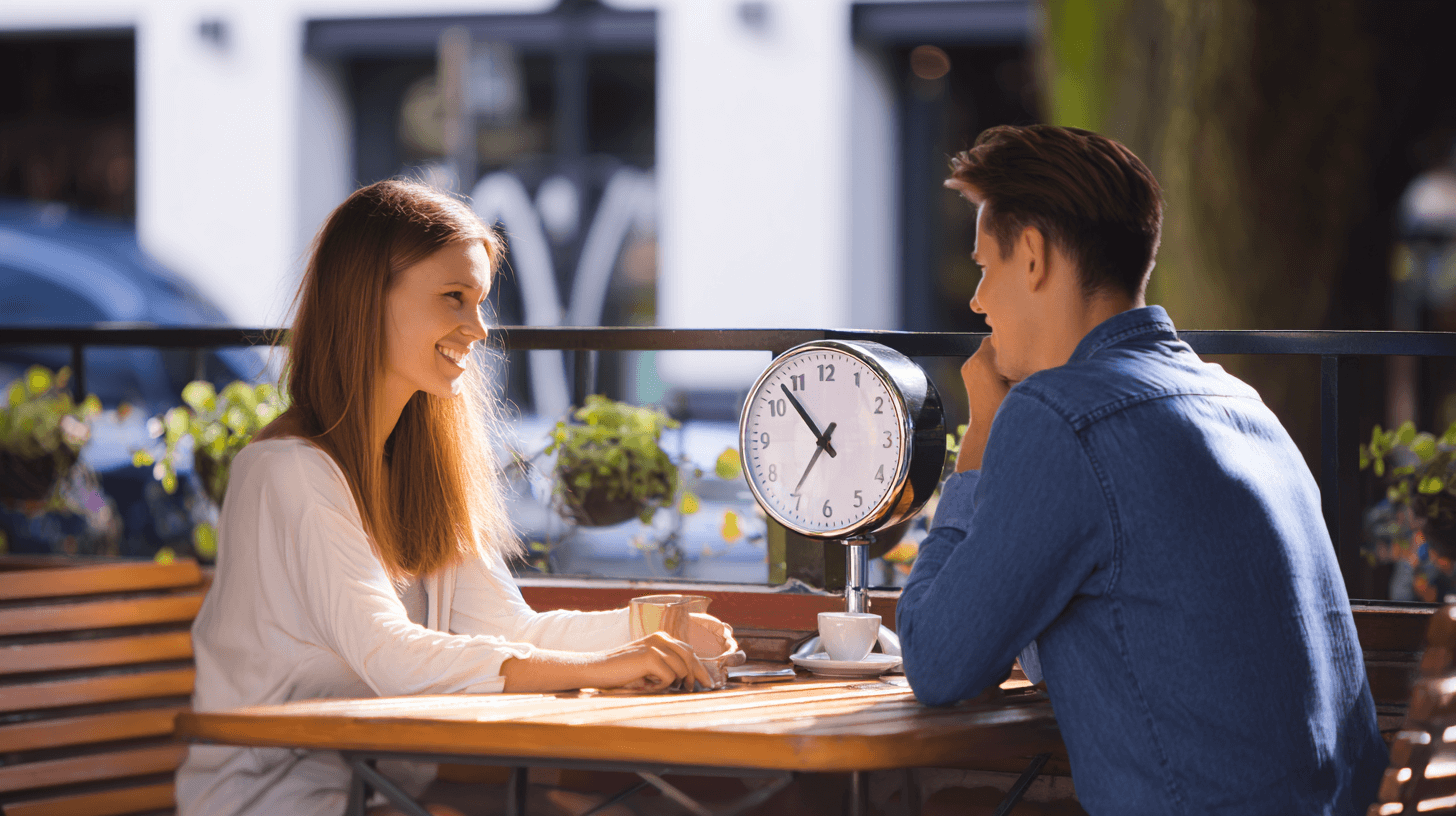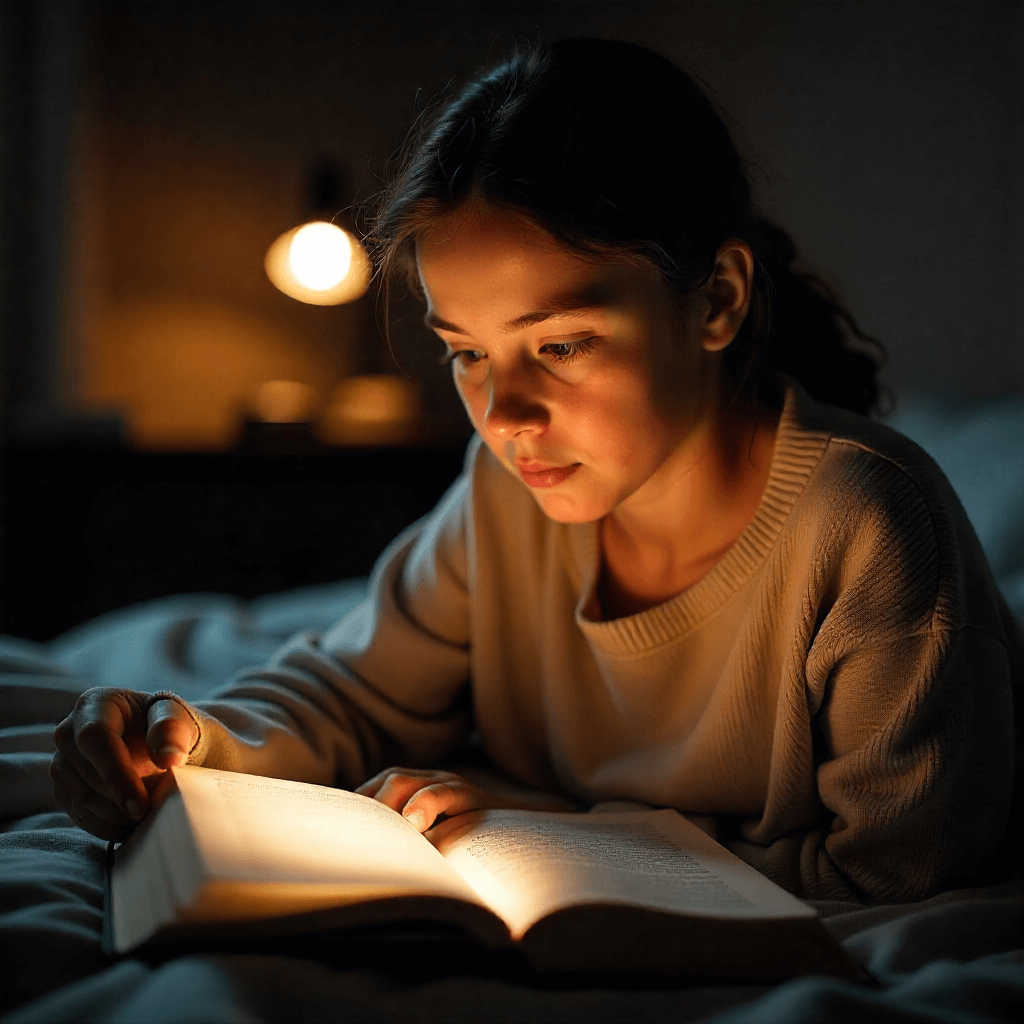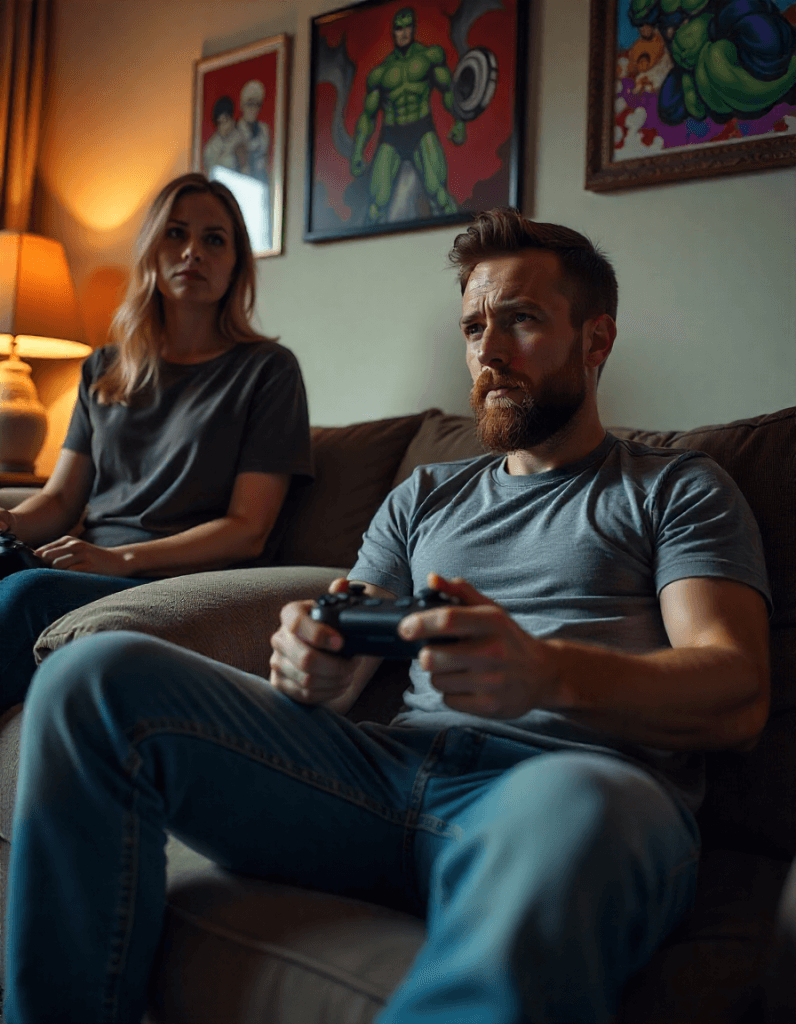Most people imagine romance under the stars, not in the bright light of day. Candlelit dinners, late-night movies, and midnight walks dominate the cultural script of dating. Yet new research suggests that timing matters as much as location. Morning dates and circadian rhythms could be a hidden key to stronger, more authentic connections.
Scientists studying circadian rhythms—the body’s 24 hour cycles—show that early encounters may enhance attentiveness, empathy, and memory. For couples seeking lasting chemistry, mornings might offer better conditions than evenings weighed down by fatigue or distraction.
The Role of Circadian Rhythms in Human Interaction
Circadian rhythms control hormones, alertness, and mood. They rise and fall through the day, shaping how people behave and how they connect. Cortisol levels, for example, climb in the morning, preparing the body for focus and productivity. Serotonin increases with natural light, lifting mood and sharpening awareness.
When morning dates and circadian rhythms overlap, couples benefit from clear minds and balanced emotions. Unlike evenings, when stress and tiredness accumulate, mornings provide an environment where authentic conversation feels easier. The circadian rhythm favors alertness, so details are remembered and emotional cues are more accurately read.
Why Morning Differs From Evening
Culture celebrates romance at night, but biology tells a different story. Evenings often bring dips in energy, distractions from work, or reliance on alcohol. These factors weaken attention and reduce patience. A disrupted circadian system caused by artificial light, shift work, or jet lag may also affect mood at night.
Morning dates and circadian rhythms counter this pattern. A walk in the park, coffee in a quiet café, or a simple breakfast invites focus. Natural light regulates the circadian clock, improves serotonin flow, and sets a positive tone for the day. Couples who meet early often discover that the morning feels more relaxed and genuine than the late hours.
The Science Supporting Morning Encounters
Researchers in physiology and behavior consistently report that decision-making and empathy peak earlier in the day. People also remember conversations better after a good night’s sleep. That means a morning date supports not only the quality of the interaction but also the memory of it.
Studies from the college of medicine and other institutions highlight that when the circadian rhythm aligns with the time of day, people show more thoughtful responses. They listen better and engage with greater empathy. Shared morning activities like exercising regularly, eating breakfast together, or taking a light walk have also been linked with higher relationship satisfaction.
Morning dates and circadian rhythms reflect this connection. They take advantage of the natural clarity the body provides after rest. In contrast, when couples go to bed late and start their day already fatigued, energy for meaningful interaction fades quickly.
Chronotypes and Timing Differences
Not everyone experiences the same peaks of alertness. Chronotypes divide people into morning types, night owls, and those in between. A morning person feels at ease with early meetings, while someone who prefers the late afternoon may find the timing more difficult.
Morning dates and circadian rhythms show the importance of understanding these patterns. Couples with different chronotypes may need to adjust schedules to avoid clashes. A night owl forced into an early routine might struggle, but this also reveals how biological clocks influence compatibility. Recognizing these rhythms allows daters to work with, not against, their bodies.
Cultural Norms and Changing Habits
Even though traditions favor evenings, real world conditions now make morning encounters more accessible. Flexible work, remote jobs, and lifestyle changes reduce reliance on late-night dating. Urban studies suggest that morning environments—less crowded and calmer—help partners feel more comfortable.
Morning dates and circadian rhythms may even reshape dating culture. As more people seek balance and health, the time of day they choose to meet becomes part of self-care. In a world filled with digital fatigue and constant demands, the calm of morning provides a restorative space.
The Physiology of Bonding in the Morning
Physiology explains why mornings matter. Cortisol rises early to spark energy, while serotonin and dopamine respond to natural light. This chemistry makes the morning ideal for social interaction. A stable circadian rhythm improves mood control, memory, and attention.
When people ignore these natural cycles—by staying up late, exposing themselves to blue light, or breaking their sleep schedule—their biological clock suffers. This rhythm is thrown off, creating emotional instability. The effects may include irritability, weak focus, or reduced empathy. For couples, that can mean poor communication and weaker bonding.
Morning dates use biology to advantage. The circadian system works with the time of day, making couples more likely to feel relaxed, engaged, and open. Rather than forcing energy in the late hours, mornings create bonding conditions supported by physiology itself.
Practical Lessons for Daters and Matchmakers
The research on circadian rhythms carries real implications. Matchmaking services may be able to suggest morning encounters for clients who seek authenticity. Activities like a sunrise walk, a healthy breakfast, or visiting a morning market combine romance with wellness.
Morning dates and circadian rhythms offer daters a chance to show their true selves. When people are alert and emotionally balanced, they reveal personalities without the filters of stress or exhaustion. Timing, then, becomes not just a scheduling decision but a strategy for genuine connection.
Beyond Dating: Broader Lessons From Circadian Rhythms
The science of circadian rhythms reaches far beyond romance. Medicine, psychology, and sleep science show that disrupted cycles may affect health, learning, and mood. Sleep medicine warns that irregular sleep and shift work contribute to anxiety, depression, and poor decision-making.
Every day, people choose whether to align with or fight against their clocks. They go to bed at different times, use artificial light, and disrupt sleep schedules. These decisions shape not only health but also relationships. Couples who respect circadian rhythms often discover smoother communication and stronger bonds.
Morning dates are one thing that demonstrates this principle. They highlight how biological clocks guide everyday experiences. When the circadian rhythm works with, not against, social plans, the results feel healthier and more meaningful.
Conclusão
Morning dates and circadian rhythms challenge the assumption that romance belongs to the night. Science shows that mornings provide energy, clarity, and emotional balance that evenings may lack. Couples who experiment with this timing often find deeper connections and more memorable interactions.
As research grows, circadian insights may transform dating culture. Relationships depend not only on chemistry and attraction but also on biological rhythms. By listening to these clocks and respecting the time of day that supports genuine connection, couples can discover a path to stronger, more enduring bonds.













